Superhero movies are everywhere, and likely will be everywhere for the foreseeable future. With everyone and their mum seeing “Avengers: Endgame” it seems like superheroes have something to offer every viewer, but that doesn’t mean they’re always loved.
J Jonah Jameson isn’t the only one trying put Spider-Man down, as despite the genre’s overwhelming success (Endgame earned over $1 Billion in its opening weekend) it is often neglected upon awards season. With powerful enemies like James Cameron against them, can our heroes ever get the respect they deserve?
“For your consideration..”
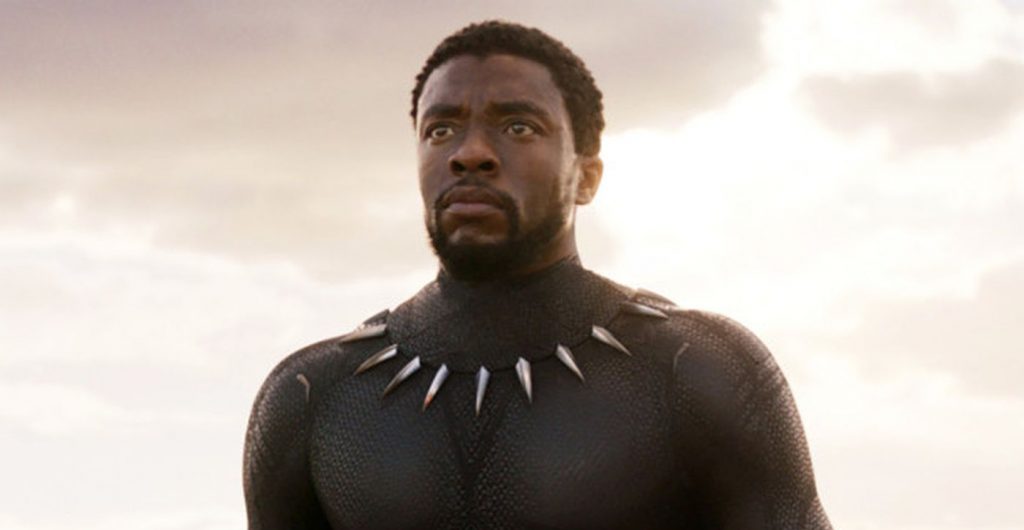
To be clear, superhero films have been nominated and won in some cases. Heath Ledger posthumously won an Oscar for his Joker in “The Dark Knight”. “Black Panther” won in three categories as well as being nominated for best picture. Even Spider-Man 2 won for Special Effects. But many big names in Hollywood still seem to dismiss them.
Comic book movies are regularly nominated in several technical categories, with “Spider-Man: Into the Spider-verse” winning “Best Animation” at the 2019 Oscars, for its unique animation style. But it is rare they win any of the “big awards” such as best actor/picture. There are several calls for Robert Downey Jr to earn an Oscar, for his portrayal of Iron Man.
And regardless of whether he does or not, it’s hard to argue that the character is ingrained in pop culture, with Downey Jr a massive part of that. It’s no secret that the character was a B-Lister before 2008, but now everyone knows Iron Man. Joe Russo (co-director of Avengers: Endgame) thinks he deserves it for the way he’s motivated pop culture, and that “there’s a prejudice against popular cinema”.
Great Power, Great Responsibility
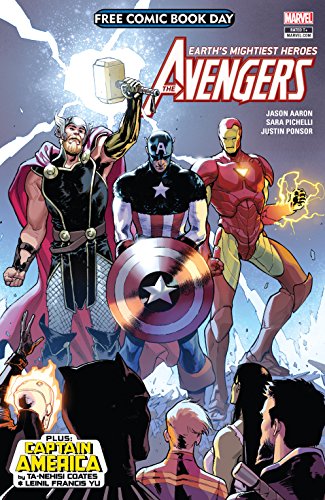
This superhero snobbery doesn’t just apply to movies, comic books are often considered childish, and, true, Batman punching someone with a large “Kapow” bubble might not be the most complex thing to follow. But some of them delve into real-world issues. Iron Man famously had a storyline where he dealt with alcoholism. While the films didn’t follow this, “Iron Man 3” features him dealing with PTSD.
This isn’t the only time the MCU deals with mental health. Captain America shows several symptoms of depression. A big part of Thor’s arc in “Avengers: Endgame” deals with coming to terms with his failure and if he is still worthy. The Avengers might be superheroes, but they’re still flawed, like the rest of us.
But they also tackle social issues, the “Captain America” films deal with him adapting to the modern world after living in WW2. “The Winter Soldier” deals with the idea of a surveillance state. While in “Civil War” he battles against Iron Man about whether the Avengers should be ruled by politicians.
This isn’t just Marvel either. “Man of Steel” is rammed with political themes, from, climate change on Krypton to Superman being an immigrant. Films allow us to explore different themes, and superheroes are no different
Origin Stories

Superhero stories are the Greek myths of our time. With each generation of filmmakers wanting to retell the story with a more modern perspective. “Shazam” for instance, features a young Billy who has grown up with Superman and co, so he and his friend are aware of all the tropes, as people today are. A huge part of the “Deadpool” films’ appeal is its fourth wall breaking antics and how it pokes fun at superhero cliches (like the “superhero landing“)
This self-awareness could be a sign the genre is becoming stale, with the dreaded “superhero fatigue” setting in and Spielberg himself saying they will “go the way of the western”. While that may be true, it is far more likely the genre will simply evolve, as it always has done. Superhero films are arguably an evolution of 80’s action classic’s like “Rambo” and “Robocop”. While they may not have powers, they still perform superhuman feats, like surviving explosions, big dramatic leaps, stopping villains taking over the world.
And Superhero films have evolved, with the release of “The Avengers” it seems like every studio has been trying to launch its own franchise. From DC to the failed “Dark Universe”, it seems like every studio has been trying to follow in their footsteps, with mixed results. The “Marvel Cinematic Universe” now encompasses 22 films, as well as several TV shows (and counting). It’s hard to think that what started as a huge gamble for a company on the verge of bankruptcy, is now the behemoth it is.
In the 1970’s “Jaws” created the summer blockbuster. In 2012, “The Avengers” created the “cinematic universe” and superhero films will likely continue to push new boundaries with special effects, like the latest de-aging, storytelling (“Endgame” is the end of a 22 film long storyline), and more. Films like “Wonder Woman” and “Captain Marvel are helping to prove that girls are just as good as boys, inspiring young girls as well as bringing in huge bank.
Superhero stories might seem silly on the surface, but whether in comic book or movie form, should not be dismissed as “just for kids” because they are so much more than that.


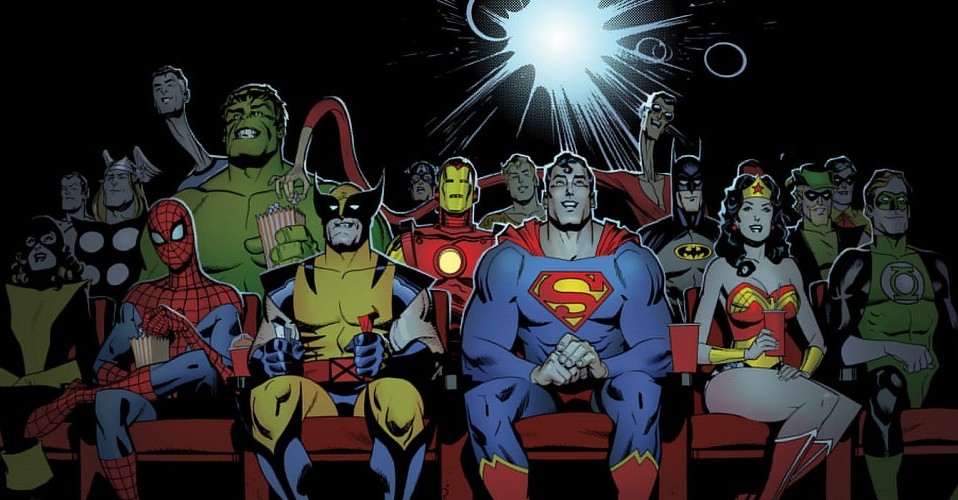
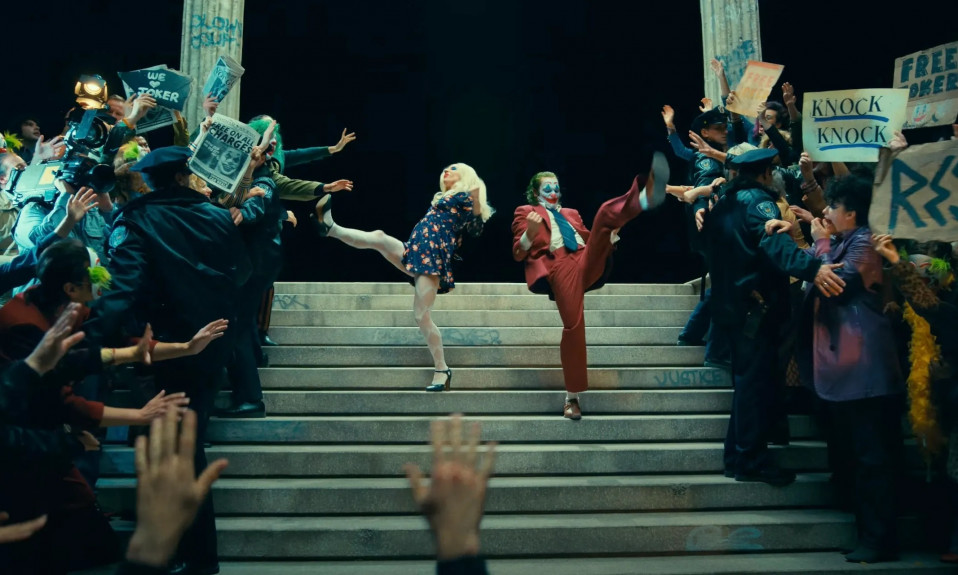
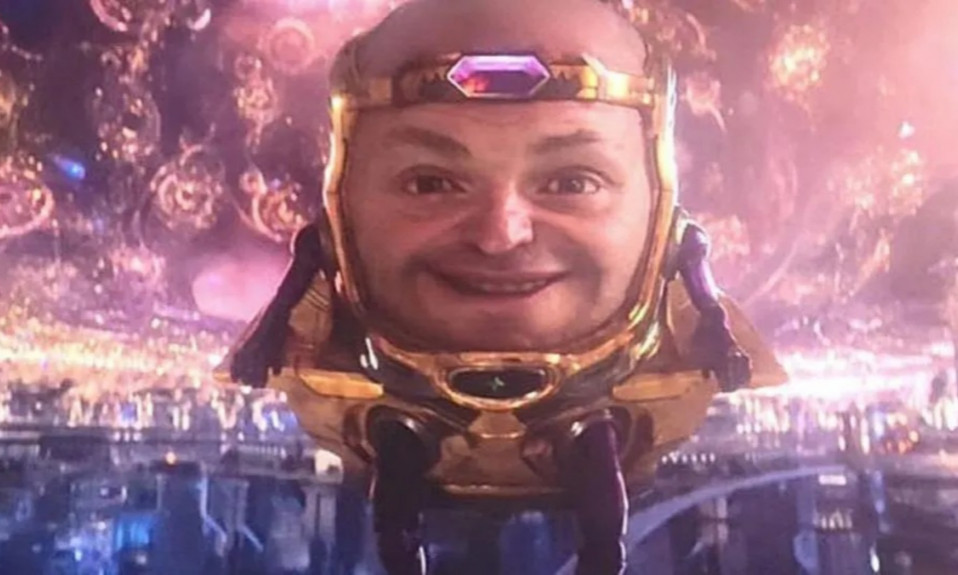
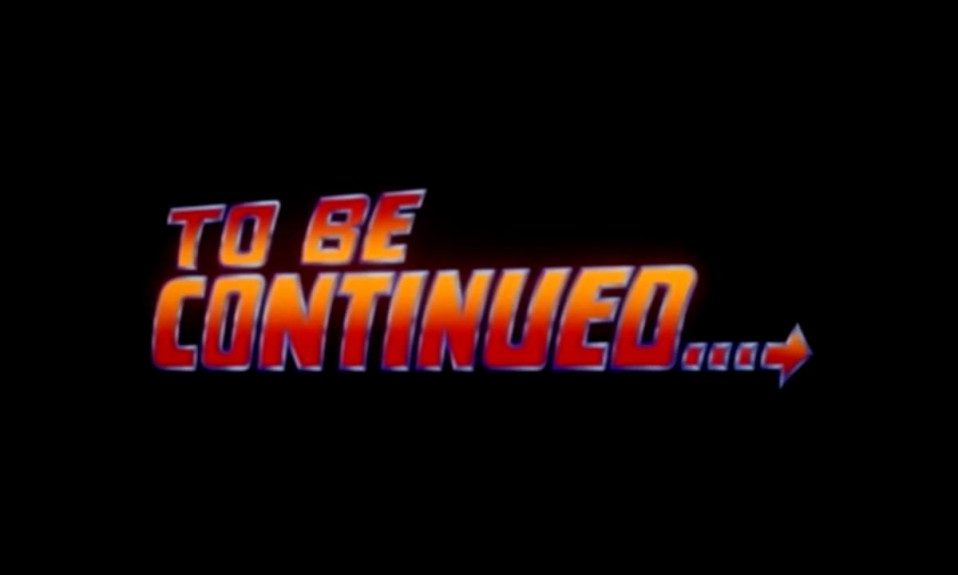








2 Comments
Comments are closed.